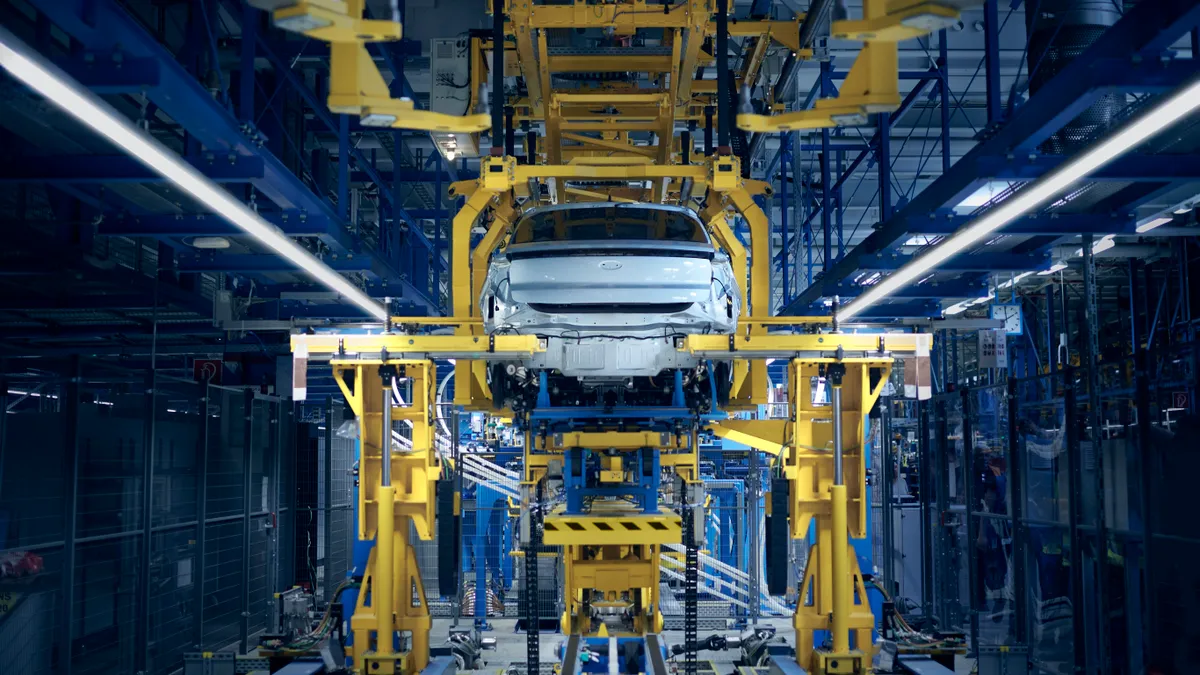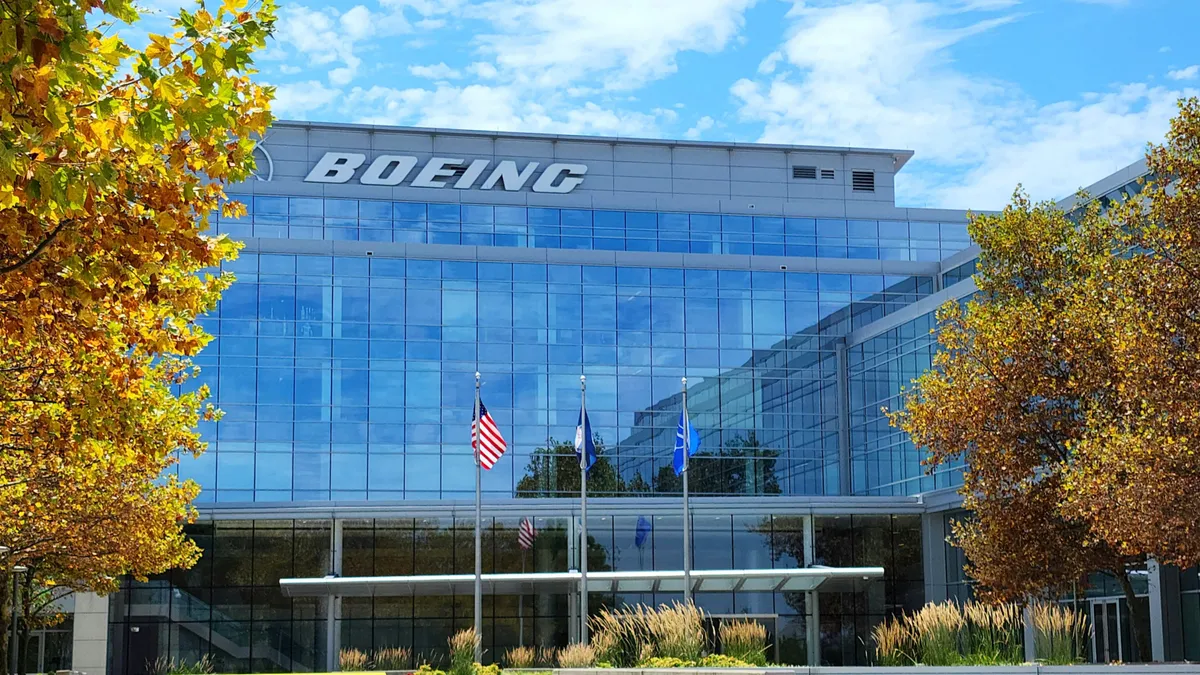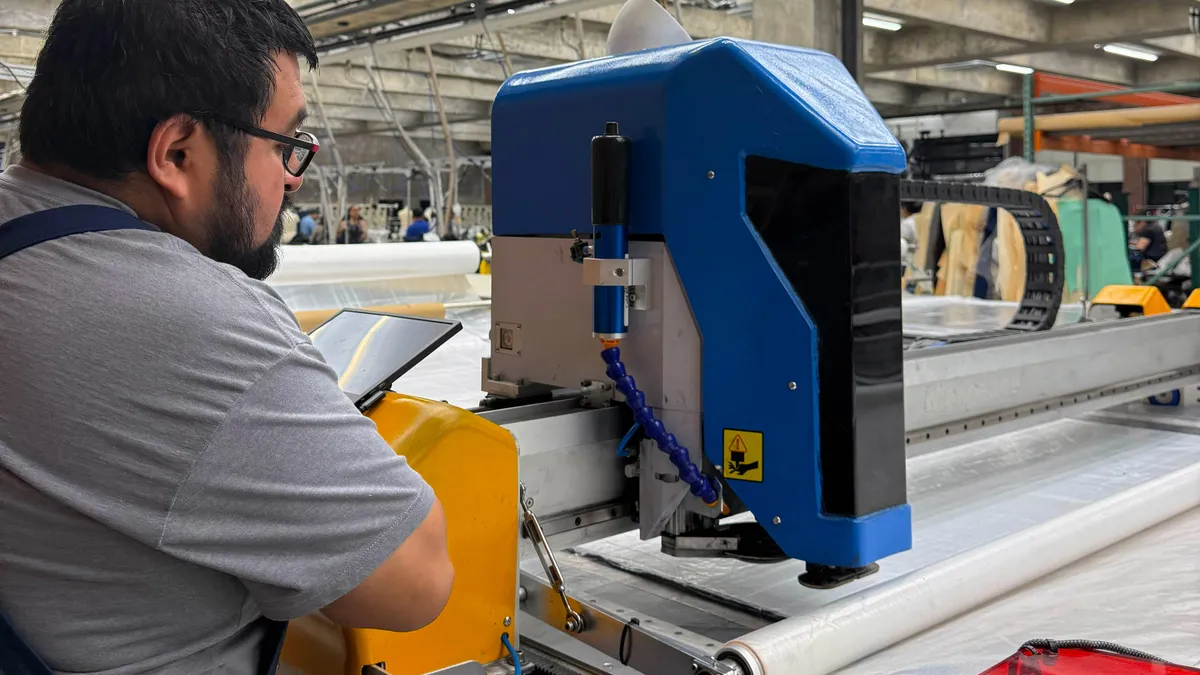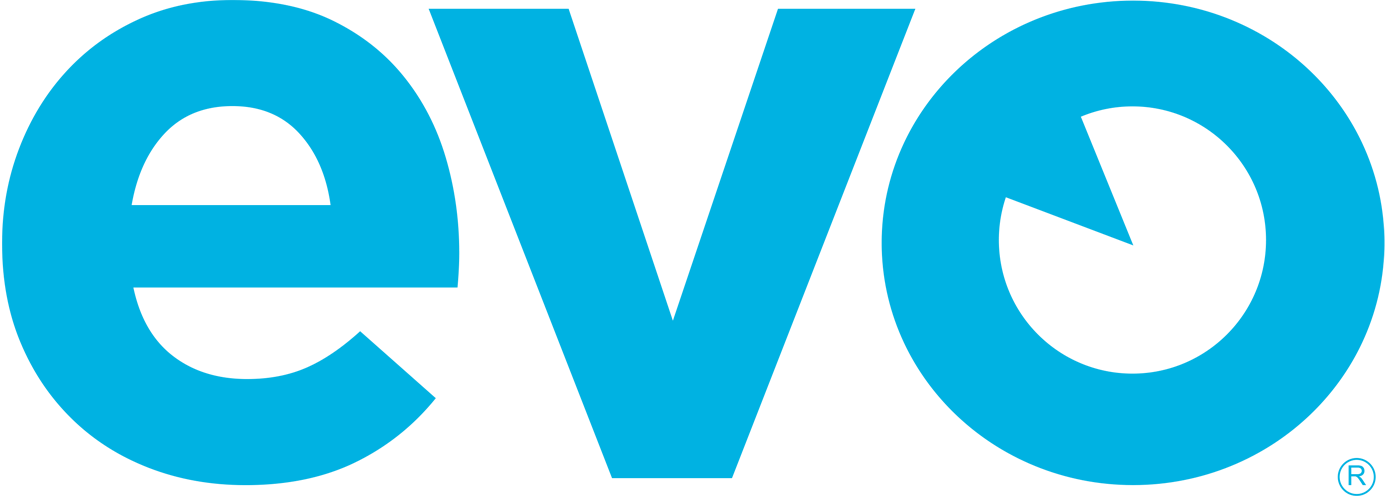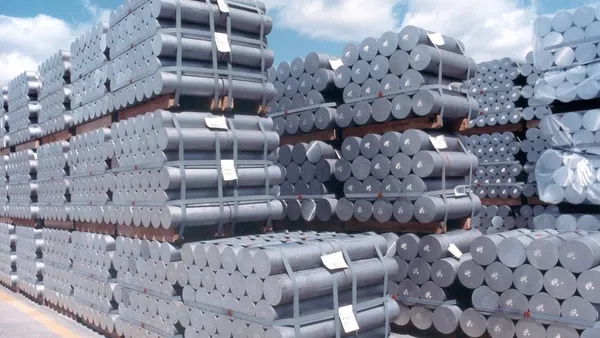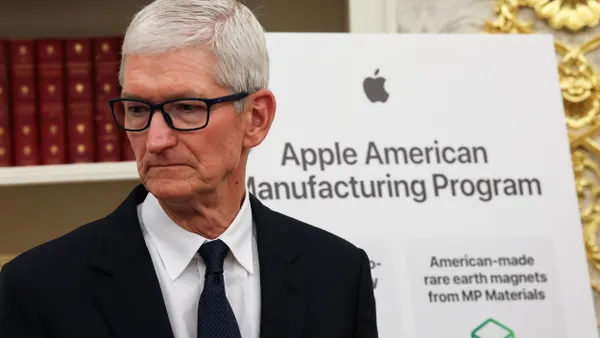Dive Brief:
- Ford Motor Co. invested $2 billion to retool its Cologne, Germany, factory to produce 250,000 electric vehicles each year, according to a company news release Monday.
- The factory is designed to be highly efficient, Ford said, with a new production line, battery assembly capacity and state-of-the-art automation.
- The Cologne EV plant will be key to achieving the automaker’s goal of producing 2 million EVs annually by 2026.
Dive Insight:
Ford said that vehicles built at the Cologne factory would be sold in Europe. The first vehicle produced at the revamped facility will be a battery-powered version of Ford’s popular Explorer SUV, followed by a smaller electric crossover.
The electric Explorer produced in Cologne will be the automaker’s fourth global production EV, following the launch of the Mach-E SUV, F-150 Lightning pickup and E-Transit commercial van.
The Cologne EV Center is also part of Ford's commitment to becoming carbon neutral by 2035 across its European network of production facilities, logistics centers and suppliers. All of the electricity and natural gas needed to operate the facility is 100% certified renewable electricity and biomethane, according to Ford.
“Opening the Cologne EV Center is the start of a new generation of clean manufacturing and electric vehicles in Europe,” said Bill Ford, executive chair, in a press release.
The facility is Ford’s first carbon neutral vehicle assembly plant, and the automaker is reducing energy and emissions by installing new processes, machinery and technologies.
“All electricity and natural gas required to operate the facility is carbon neutral based on being 100 [percent] certified renewable electricity and biomethane,” the company said.
The Cologne EV Center also includes digital technologies that connect machines, vehicles and workers. To ensure high-quality and efficiency, the factory will use self-learning machines, autonomous transport systems and real-time, big data management, the company said. Together, these factory systems can learn and adapt to become more efficient over time.
To further support Ford’s EV production goals in Europe, the automaker has other projects in the works. In February, Ford signed an agreement with battery maker LG Energy Solution and Koç Holding to form a new joint venture and build one of the region's largest EV battery cell production facilities.
Groundbreaking on the facility in Ankara, Turkey, is expected to occur later this year, with battery cell production slated for 2026.
Production capacity at the facility in Turkey will be at least 25 GWh annually, which could expand up to 45 GWh, according to Ford. LG Energy Solution currently supplies batteries for Ford’s electric Mustang Mach-E and E-Transit van from its plant in Poland.
In addition, Ford is launching an electric version of the Ford Puma, its top-selling vehicle in Europe. The battery-powered Puma will be assembled in Craiova, Romania, starting in 2024. The company also announced plans to launch three new electric passenger vehicles and four new electric commercial vehicles in Europe by 2024.
In 2022, Ford announced it selected its body and assembly plant in Valencia, Spain, as the preferred site to build EVs for Europe based on a new EV architecture.
Ford plans to sell only zero emissions vehicles in Europe by 2035.



